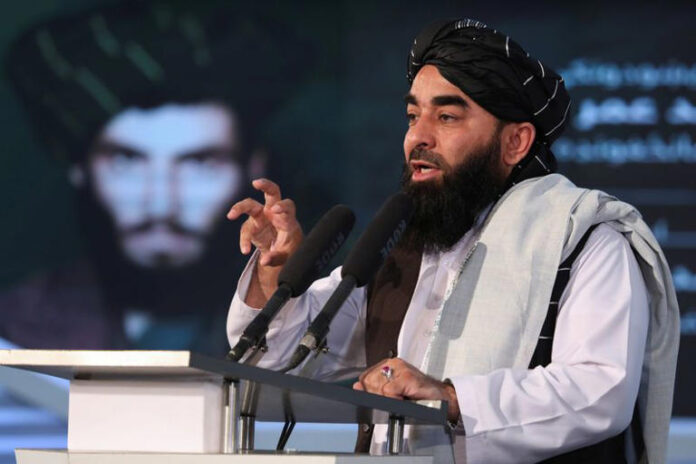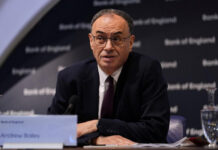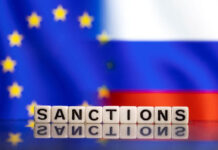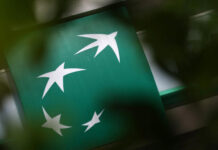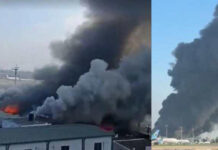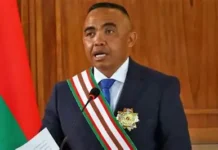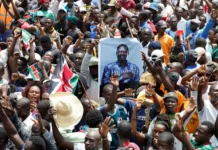Written by Lisa Murimi
Afghanistan and Pakistan are set to hold crucial peace talks in Doha on Saturday following the extension of a fragile ceasefire, both governments confirmed.
The truce comes after a week of deadly border clashes that left dozens dead and hundreds wounded, marking the worst violence between the two South Asian neighbours since the Taliban’s return to power in Kabul in 2021.
According to diplomatic sources, the 48-hour ceasefire — initially agreed upon earlier in the week — has been extended for the duration of the Doha discussions.
The talks aim to ease tensions and find lasting solutions to cross-border hostilities that have strained relations between the two countries.
Afghan government spokesperson Zabihullah Mujahid announced that a delegation led by Defence Minister Mullah Muhammad Yaqoob had arrived in Doha.
“As promised, negotiations with the Pakistani side will take place today,” Mujahid said, emphasizing Kabul’s commitment to a peaceful resolution.
Pakistan’s foreign office confirmed that Defence Minister Khawaja Muhammad Asif would lead Islamabad’s delegation, with the agenda focusing on “immediate measures to end cross-border terrorism emanating from Afghanistan and to restore peace and stability along the Pak-Afghan border.”
The recent fighting erupted after Pakistan accused the Taliban administration of harbouring militants who have intensified attacks within its territory. Islamabad conducted airstrikes along the 2,600-km border, demanding Kabul rein in groups allegedly operating from Afghan soil.
The Taliban, however, denies the claims, accusing Pakistan of spreading “misinformation” and conducting strikes that violate Afghan sovereignty.
Despite the ceasefire, fresh tensions emerged on Friday when Kabul accused Pakistan of carrying out airstrikes in Afghan territory, just hours after the truce extension.
The attacks reportedly killed several civilians, including local cricketers. In response, the Afghanistan Cricket Board announced the withdrawal of its national team from a scheduled tournament in Pakistan next month.
Pakistan’s foreign office reiterated that Islamabad “does not seek escalation,” urging Kabul to take “verifiable action against terrorist entities.” Army chief Field Marshal Asim Munir stated that the Afghan regime must “rein in proxies using Afghan soil to attack Pakistan.”
While Kabul has condemned the airstrikes, its leadership has instructed Afghan fighters to refrain from retaliation to maintain respect for the ongoing negotiations in Doha — a move seen as a cautious step toward de-escalation amid one of the most volatile periods in recent Pak-Afghan relations.









